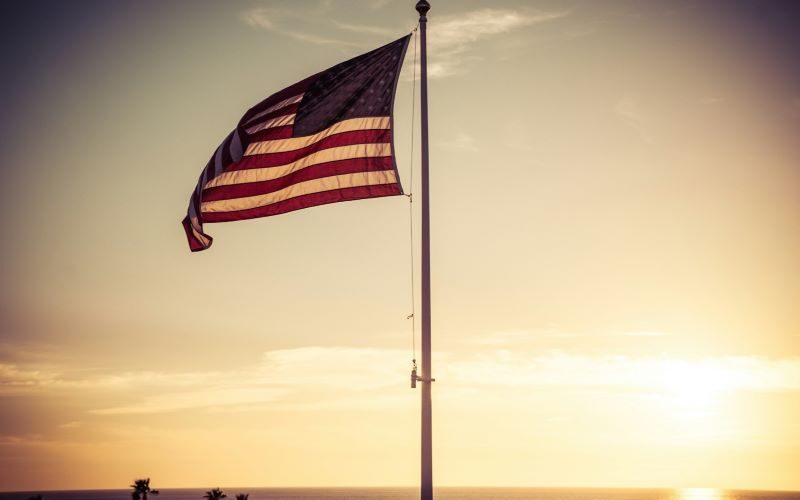Have you ever known a friend who said, “Next year I’m moving to Rome and living the Italian Dream?” How about a buddy who over coffee declared, “I can’t stand this country anymore. I’m off to Ankara, where I can live the Turkish Dream?” Or an uncle who slapped his open hand on the table and said, “No more disappointments for me. Me and mine are flying out next month to Beijing so we can finally be happy living the Chinese Dream?”
No? Me neither.
The phrase “the American Dream” first appeared in print in James Truslow Adams’ 1931 bestseller, Epic of America. He described it as “that dream of a land in which life should be better and richer and fuller for everyone, with opportunity for each according to ability or achievement.” He also noted, “It is a difficult dream for the European upper classes to interpret adequately, and too many of us ourselves have grown weary and mistrustful of it. It is not a dream of motorcars and high wages merely, but a dream of social order in which each man and woman shall be able to attain to the fullest stature of which they are innately capable, and be recognized by others for what they are, regardless of the fortuitous circumstances of birth or position.”
Search online for “what is the American Dream?” and you’ll find some writers arguing that the Dream is alive and well, while others claim it bit the dust years ago. Unlike James Adams, a number of commentators on both sides of this debate equate the American Dream with owning a home and holding down a good job. Given that criteria, and given today’s economy, one might justifiably contend that the American Dream is indeed ready for its last rites. The high cost of a new house, the inflation rates on food and gas, the ever-widening gap between the incomes of the rich and the poor, Bidenomics, and our national debt are signs that this economic version of the American Dream is a battered wreck.
Personally, I never thought of the American Dream in material terms. Like lots of other people, for me, the Dream was more about those revolutionary words from the Declaration of Independence, “Life, Liberty, and the Pursuit of Happiness.” It was about the Bill of Rights in the Constitution. It was about freedom.
Unfortunately, that concept of the Dream is also taking a bashing right now. Accelerated by the COVID mandates and lockdowns, government assaults on our liberties—including the quashing of free speech and the use of intimidation and misinformation to create fear and despair in our citizenry—have been enabled, in part, by a vast apparatus of electronic surveillance employed to track and discredit dissenters.
Intimately bound to the American Dream is the notion of American exceptionalism, which takes the view that the United States as founded differs from all the other countries of the world. In “Why American Exceptionalism Is Different From Other Countries’ ‘Nationalisms,’” Kim Holmes gives as good a definition as any of this exceptionalism: “It’s grounded in America’s founding principles: natural law, liberty, limited government, individual rights, the checks and balances of government, popular sovereignty, the civilizing role of religion in society, and the crucial role of civil society and civil institutions in grounding and mediating our democracy and our freedom.”
Today many would deny this notion that America is somehow set apart from other nations past and present. These people might take a look at Puritan John Winthrop’s “city on a hill sermon,” that short homily he delivered in 1630 which lays out the groundwork of what makes America different from so many other nations.
Others more validly claim that America is no longer the nation it was founded as. “Our constitution was made only for a moral and religious people,” John Adams once said. “It is wholly inadequate to the government of any other.” Those who proclaim the death of these ideals point out that virtue and religious feeling are missing from both our government and our culture.
If it is the case that the American Dream and American values are dying or dead, we can expect to see dismal consequences in both our nation and in the world. Here the verse “Dreams” by American poet Langston Hughes give us a picture of that future:
Hold fast to dreams
For if dreams die
Life is a broken-winged bird
That cannot fly.Hold fast to dreams
For when dreams go
Life is a barren field
Frozen with snow.
To avoid that barren field frozen with snow, Americans must again recollect and embrace their American Dream and restore the standards of virtue to their republic.
That is the daunting and most crucial task now facing our country.
—
Image credit: Unsplash


















